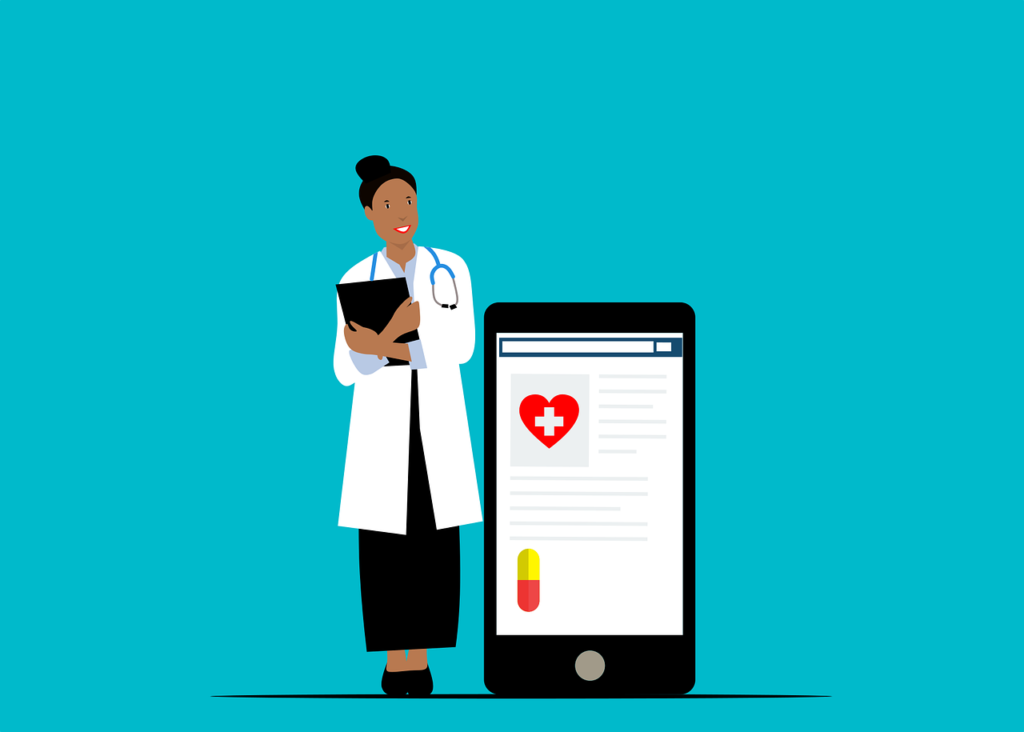If you work in the healthcare sector, you know that patient care can be complex, time-consuming, and often challenging. However, with the rise of apps, healthcare organizations can use technology to improve patient care quality, streamline workflows, and achieve better outcomes.
This blog post will examine the merits of using a digital health app for healthcare organizations and how they can help you reach your goals.

Post Contents
Streamlined Workflows
A significant benefit of apps is that they help healthcare organizations streamline their workflows. Keeping everything organized and running smoothly can be challenging with so many different processes and systems involved in patient care. However, they can help by automating many routine tasks in patient care. For example, apps can automate appointment scheduling, prescription refills, and medication reminders. They can also help streamline communication between healthcare providers, ensuring everyone is on the same page regarding patient care. By automating these tasks and streamlining workflows, organizations can reduce costs, improve efficiency, and free up time to focus on providing high-quality patient care.
Improved Data Management
One of the biggest challenges is managing data generated by patient care. Digital Medicare applications can help healthcare organizations overcome this challenge by providing a centralized platform for data management. This app allows healthcare organizations to store, access, and analyze patient data more efficiently and effectively than ever.
Online health apps can help healthcare organizations track patient outcomes, monitor treatment efficacy, and identify areas for improvement. By analyzing this data, healthcare organizations can make informed decisions about patient care and develop more effective treatment plans. This can lead to better patient outcomes, improved efficiency, and reduced costs.
Increased Access to Care
Digital Medicare apps can also help increase access to care for patients. By providing patients with remote access to healthcare providers, these apps can help ensure that patients receive the care they need, regardless of their location. This is particularly important for patients who live in remote areas or have mobility issues that make it difficult to access traditional healthcare services.
They can also give patients access to virtual consultations, allowing them to receive care without leaving their homes. This can be particularly beneficial for chronic patients requiring regular check-ups and monitoring.
Improved Patient Safety
Patient safety is always a top priority for healthcare organizations, and apps can help improve safety in several ways. A digital health app can ensure patients receive the proper care at the right time by providing access to their health information, treatment plans, and medication reminders. This can help reduce the risk of medication errors and other adverse events.
They can also help healthcare providers identify potential safety risks and intervene before serious problems arise. For example, by monitoring patient data in real time, healthcare providers can identify patients at risk of developing complications and take action to prevent them.
Conclusion
Apps can provide healthcare organizations with a range of benefits, from improving patient engagement to streamlining workflows and enhancing patient safety. By using these apps, healthcare organizations can provide patients with convenient access to their health information, automate routine tasks, and store and analyze patient data more efficiently. They can also help increase patient care access and improve patient safety.
As the healthcare industry evolves, apps will become increasingly important for organizations looking to provide high-quality patient care while managing costs and improving efficiency. Healthcare organizations can achieve their goals by embracing apps and delivering better patient outcomes.